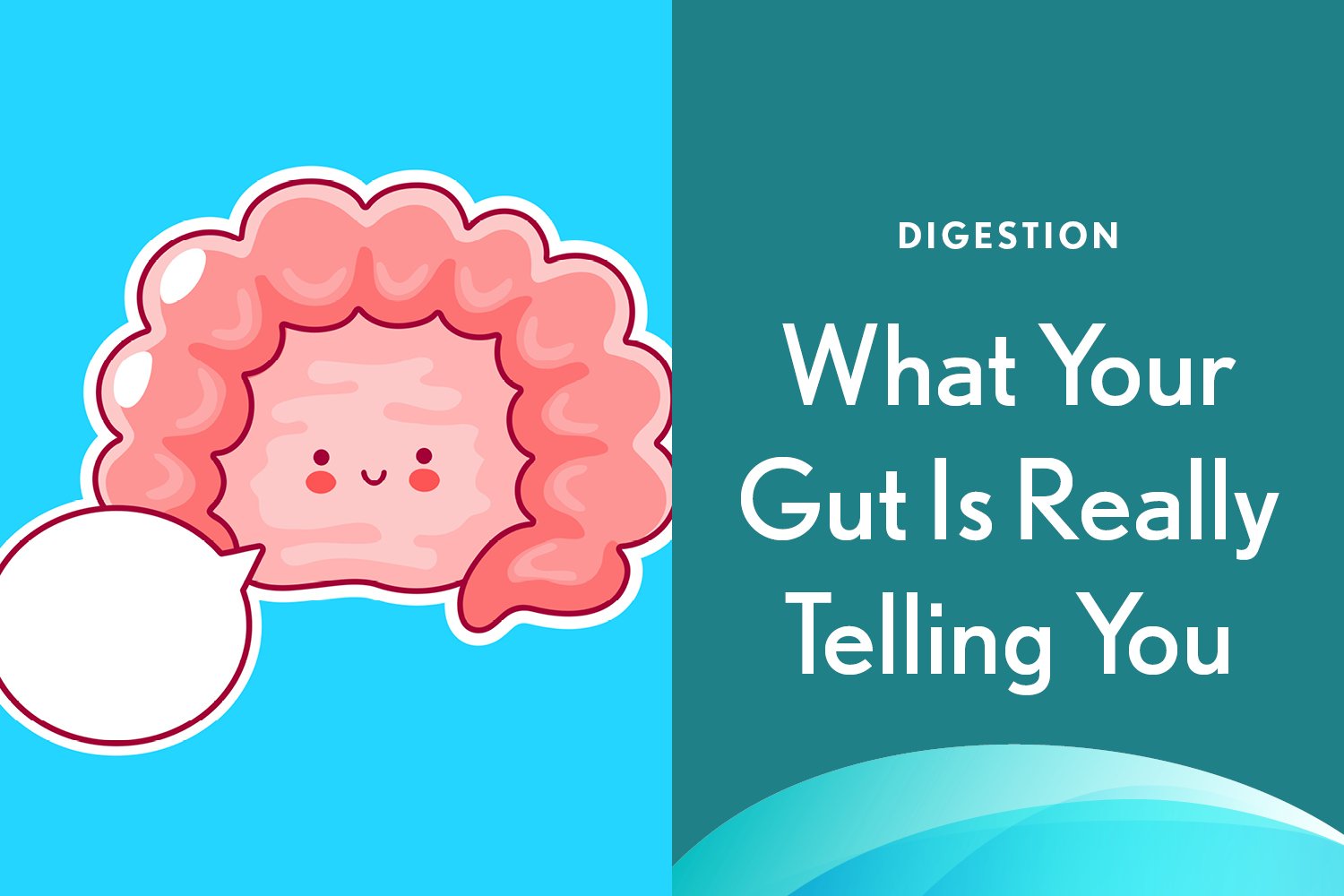
It’s a topic often met with nervous laughter or a swift change of subject. We’re taught from a young age that it’s private, maybe even a little bit rude to discuss. But our digestive health is one of the most powerful and honest indicators of our overall wellbeing.
Your gut sends you a detailed report every single day. It tells you what’s working and what isn’t. Learning to read this report is one of the most empowering things you can do for your health. It’s time to get comfortable with the conversation and start listening to what your body is trying to say.
We tend to think of digestion as a simple process. Food goes in, waste comes out. But the reality is far more complex and vital. Your digestive system is the command centre for your health. It’s where you break down food into the nutrients that fuel every cell in your body.
It’s also home to roughly 70% of your immune system. A healthy gut lining is a key barrier. It keeps unwanted particles out of your bloodstream. When your gut is happy, your immune system is more balanced and resilient.
Furthermore, your bowel habits are the final step in your body’s detoxification process. This system is designed to efficiently remove waste and toxins. If this process is slow or inefficient, it can have a ripple effect on your energy, skin, and mood.
Consistent, healthy bowel habits are a clear sign that this entire intricate system is functioning as it should. Ignoring persistent issues like constipation, diarrhoea, or bloating means you’re missing vital clues about your health.
You don’t need a medical degree to understand the basics of what your body is telling you. The Bristol Stool Chart is a fantastic tool that classifies stools into seven types. It’s a simple way to assess your digestive health.
The ideal stool is generally a Type 3 or 4. It’s smooth, sausage-shaped, and easy to pass without straining. This indicates that your food has spent the right amount of time in your digestive tract. It means you are likely well-hydrated and getting enough fibre.
The colour should be a consistent shade of brown. This comes from bile, which is produced by your liver to help digest fats. Significant changes in colour can sometimes be a red flag.
While it can be influenced by what you eat (like beetroot), persistent black, pale, or red stools warrant a conversation with a healthcare professional.
Frequency is also a key indicator. There’s a wide range of “normal” here. Anything from three times a day to three times a week can be healthy, as long as it’s consistent for you.
The key is that it should be effortless. If you’re straining, or if your frequency suddenly changes for no apparent reason, it’s a sign to pay attention.
Have you ever felt “butterflies” in your stomach when you’re nervous? Or had a “gut feeling” about something? That’s not just a turn of phrase. It’s the gut-brain axis in action. Your gut and your brain are connected by a vast network of nerves and are in constant communication.
Your gut is often called your “second brain.” It produces many of the same neurotransmitters as your brain, including over 90% of your body’s serotonin. Serotonin is a key player in regulating mood, sleep, and appetite. An unhappy gut can lead to an imbalance in these crucial chemicals.
This is why chronic gut issues are so often linked to low mood, anxiety, and brain fog. If your gut is inflamed or your gut bacteria are out of balance, it sends stress signals to your brain.
Supporting your digestion through a whole-foods diet, stress management, and proper hydration is a direct and powerful way to support your mental clarity and emotional resilience.
Your gut is a sensitive ecosystem. It’s influenced by much more than just the food you eat. Stress is one of its biggest disruptors. When you’re in a “fight or flight” state, your body diverts energy away from digestion. This can lead to bloating, cramping, and irregular habits.
Hormonal fluctuations also play a significant role. Many women notice changes in their digestion around their menstrual cycle. This is due to the shifting levels of oestrogen and progesterone.
Understanding this connection can help you be more compassionate with your body and adapt your diet and self-care accordingly.
Of course, diet is fundamental.
Processed foods, high sugar intake, and a lack of fibre can all disrupt the delicate balance of your gut microbiome. On the other hand, a diet rich in diverse, plant-based foods feeds the beneficial bacteria. It provides the fibre needed for healthy stool formation and keeps the whole system running smoothly.
Learning to listen to your gut is a skill that builds over time. It’s about noticing patterns without judgment or anxiety. Small, consistent changes in your diet, hydration, or stress levels can lead to profound improvements in your digestive health.
If you are consistently seeing red flags—like blood in your stool, unexplained weight loss, or severe pain—it’s a clear sign to seek professional support.
But for most of us, simply tuning in is the first and most important step. Your gut is your greatest ally on the path to vibrant health. It gives you honest, daily feedback. All you have to do is listen.